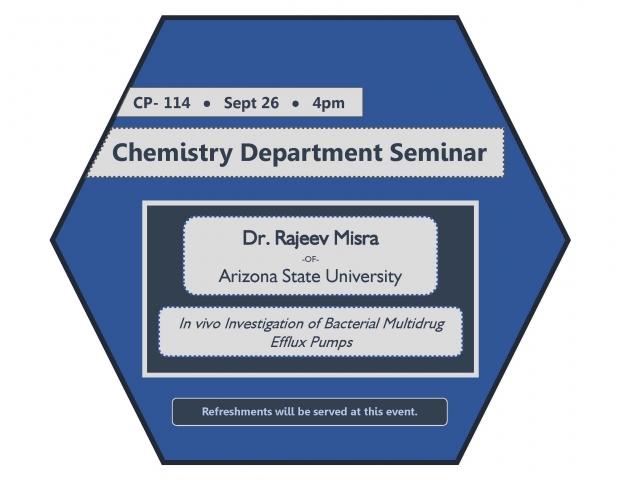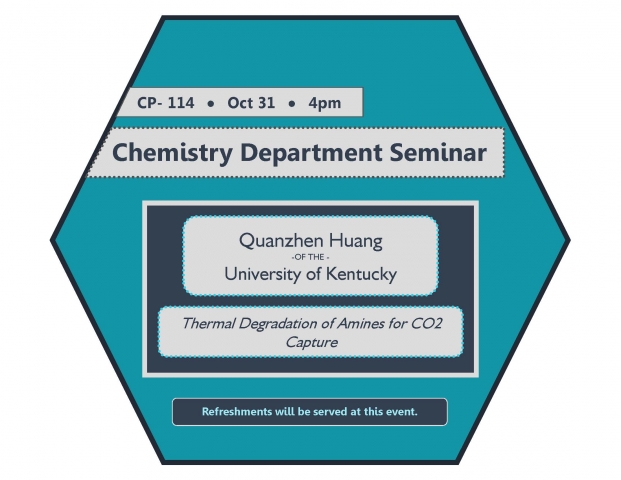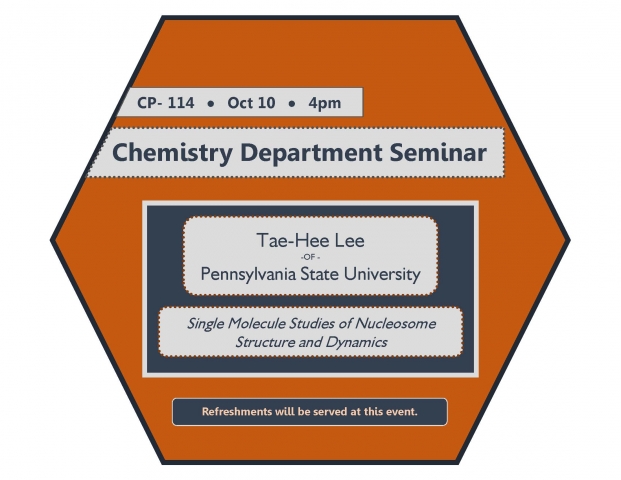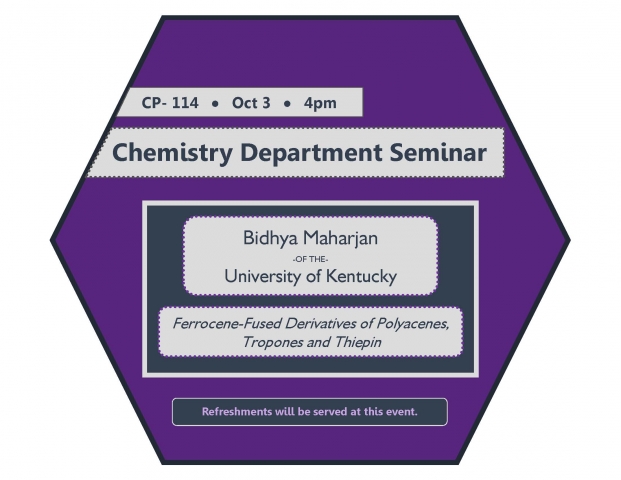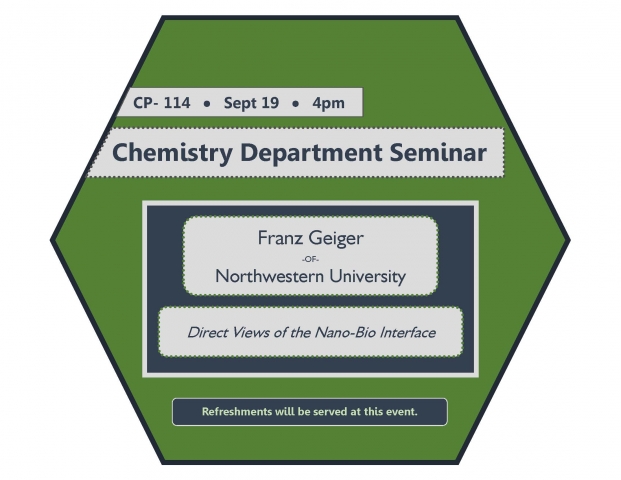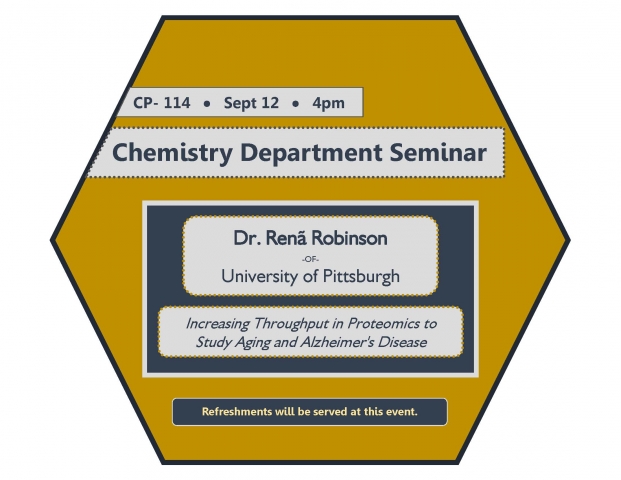----------
Dr. Rajeev Misra of Arizona State University will be presenting a seminar titled In vivo Investigation of Bacterial Multidrug Efflux Pumps.
Abstract: Multidrug resistance among human bacterial pathogens remains a grave social concern. A common cellular mechanism bacteria frequently employ is the efflux of antibiotics from the cell; resistance develops when the rate of drug efflux across the membrane exceeds that of drug influx. One of the most extensively studied multidrug efflux systems of the Resistance-Nodulation-Division (RND) family comprises of the AcrA, AcrB and TolC proteins of Escherichia coli. Fine structural analyses have provided deeper understanding of how drugs are captured and pushed through the AcrB pump protein. However, much remains to be learned as to how the tripartite pump assembles to extrude drugs from AcrB to outside the cell. I will discuss our efforts to gain a better understanding of the AcrAB-TolC pump assembly in vivo.
Due to their high clinical relevance, inhibitors have been sought to reduce or abolish the activity of multidrug resistant efflux pumps. Phenylalanine arginine β-naphthylamide (PAβN) was one of the first lead compounds that showed a potent inhibitory activity against a number of RND pumps, including AcrB. However, the conclusion that PAβN acts principally as an efflux pump inhibitor was questioned by several recent publications. We have attempted to resolve this controversy by employing strains constitutively expressing AcrAB or a homologous AcrEF efflux pumps. The employment of a modified real-time efflux assay allowed for the first time a clear distinction between the efflux pump-inhibiting activity of PAβN and membrane-permeabilizing action of polymyxin B nonapeptide (PMBN). It was determined that at low concentrations, PAβN acts mainly as an inhibitor of the AcrAB and AcrEF efflux pumps. However, at high concentrations, PAβN in the efflux-proficient background not only inhibited the efflux pump activity but also destabilized the membrane. The effects of PAβN on membrane integrity are compounded in cells unable to extrude PAβN.
Refreshments will be served at this event.
Faculty Host: Dr. Yinan Wei
